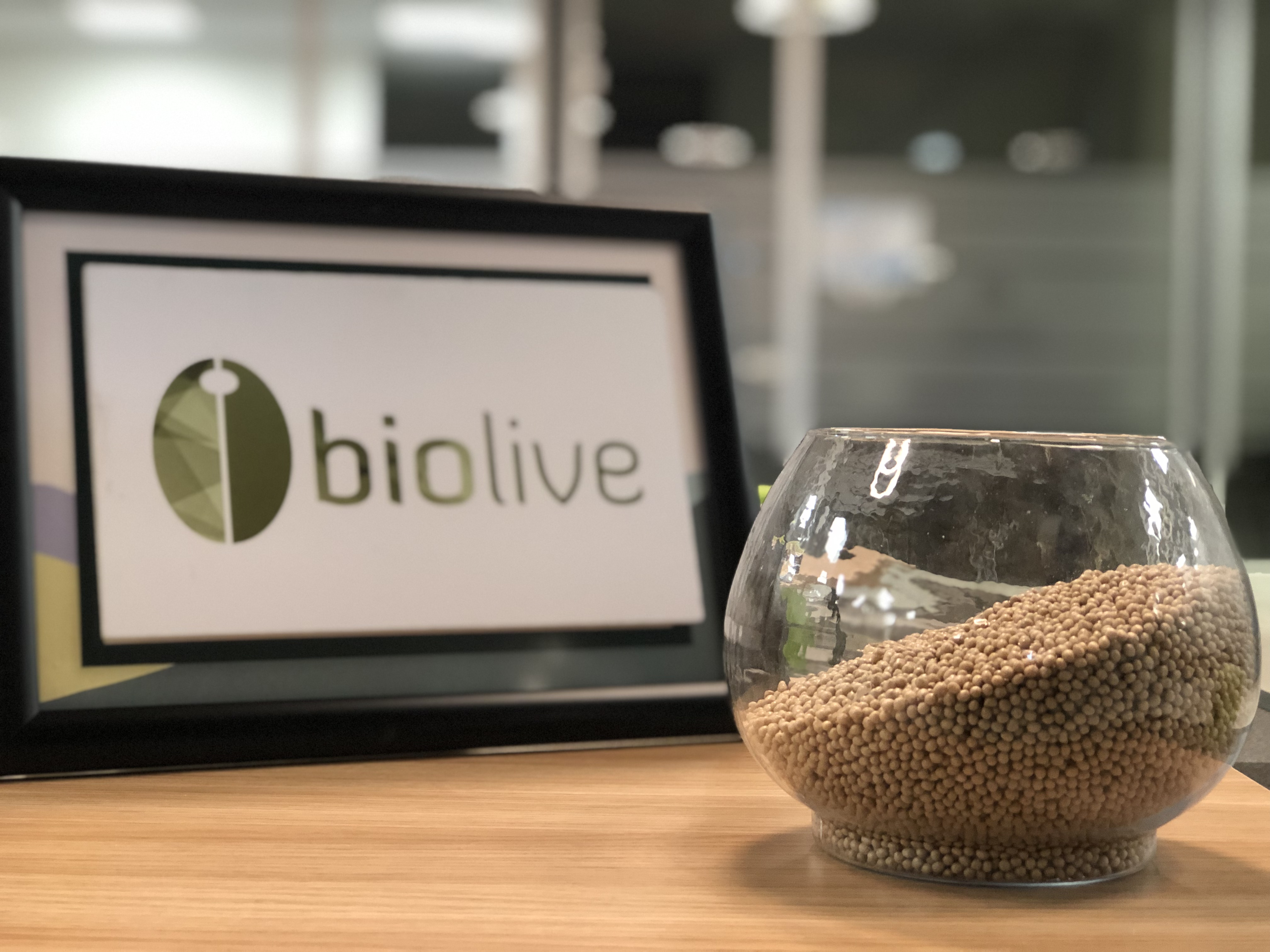
- Sustainable Planet -
- 2mins -
- 672 views
How olive pits could help replace plastic
Turkish scientist makes bioplastic out of discarded olive pits thanks to her father’s unusual eating habits.
Turkish entrepreneurs have produced biodegradable plastic from olive stones
Turkish researchers believe they may have created a product which could help take the place of disposable plastic. What’s more, it comes from a sustainable and renewable source – olives.
Scientist finds way to convert olive pits into a biodegradable plastic thanks to dad’s odd habit
Turkish scientist and entrepreneur Duygu Yilmaz first started her groundbreaking scientific work after she noticed her father’s odd habit of eating olive stones in order to soothe his stomach. Yilmaz grew concerned that the stones would be harmful to his stomach and health, so she decided to do some research.
However instead of finding anything dangerous she discovered some surprising similarities between the chemical makeup of olive stones and plastic.
This accidental discovery has since evolved into the Biolive startup, a group that converts the discarded stones from olive oil manufacturers into bioplastic.
While it takes 450 years for typical plastics to decompose, the olive-based plastic created by Biolive decomposes within one year, “blending into the earth like fertilizer”.
Another benefit of using biodegradable plastic is its small carbon footprint; replacing 2 pounds of traditional plastic with the same amount of Biolive’s plastic reduces carbon dioxide emissions by 6 kilos (13lbs)
In addition to the exciting environmental benefits of Yilmaz’s work, it also has a significant social impact on the young women of Turkey.
Globally, women make up about 63% of the work force – but in Turkey, that number is a mere 34%. Yilmaz’s success demonstrates the importance of female entrepreneurs, and the undeniable benefit of diversification in fields driven by unique and innovative ideas.
Yilmaz, who has received several awards and grants for her groundbreaking work, hopes that Biolive will continue partnering with more and more shipping companies so that their olive-based material can one day replace wasteful plastic packaging entirely.
Source: GoodNewsNetwork.org

What Biolive say about themselves and their products
Biolive Biological and Chemical Technological was founded as an enterprise in 2016 at ITU Çekirdek Early-Stage Incubation Center. After the investment by Vestel Ventures, which belongs to Zorlu Holding, Biolive was established as a legal corporation in 2017.
Currently located at Yıldız Technical University TechnoPark, Biolive is a biotechnology enterprise that design and develop the production process of bio-based plastics, and produces bio-based granules.
Petrol based plastics are harmful to humans and the environment. In every year, millions of plastics, which are threats to life of hundreds of living, are produced in the world. It takes about 450 years for these plastics to disappear and every 1 kg of plastic entails 6 kgs of carbon emission.
Biolive, aiming to overcome these problems and fill the gaps in bio-plastic industry, is a biotechnology enterprise that designs and develops the production process of bio-based plastics, and produces and provides bio-based granules using olive seeds.
Bio-Pura, which is biodegradable, does not contain carcinogens and toxic substances, offers differentiated raw material alternatives that manufacturers can make a difference in the plastic sector by offering the ideal solutions for the industry and special applications.
Bio-Hype, Bio-Pype and Bio-Lype products prepared with different ingredients can be used in many industries where petroleum-derived plastics are currently used.
Source: Biolive.com

